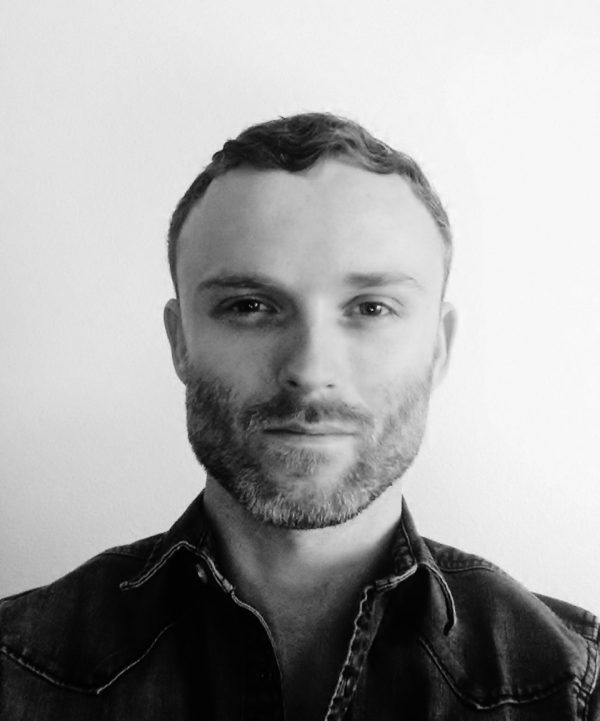David Sullivan is one of ISA’s Top 25 Screenwriters to Watch in 2020. He is a former deckhand, bartender, and English language teacher who grew up homeschooled in a family of nine. Forever fascinated by the power of horror stories, David turned to crafting thought-provoking pieces of entertainment with highly specific world-building, shivery fun, and a unique language of horror imagery. He has been a Stowe Story Labs Fellow and Finalist for the Warner Bros. Television Writers’ Workshop before being named one of ISA’s Top 25 Screenwriters to Watch.
What was the script that won you a spot on the ISA Top 25 Writers To Watch and what is it about?
A horror feature called The Body Worker. It’s set in 1600s New England and is about a teenage Puritan girl who uses her bodywork skills to exorcise possessed women and free them from the influence of witchcraft— or perhaps the unwanted attentions of a minister. It’s sort of The Witch meets The Handmaid’s Tale.
What inspired your story and why do you think it resonated with the judges?
The idea was inspired by an experience I had while traveling abroad. I’m a massage therapist myself, and while witnessing an exorcism I was asked by a local medicine man to massage a spirit out of a young woman’s body. I don’t know if I released any demons that day, but what I do know is that the woman broke down crying halfway through— because my bodywork allowed her to recall the repressed memories of a sexual assault, so that stayed with me. And when I did some research and found that 80 percent of women in possession cares are victims of sexual assault, there was no turning back— I had to write about this. And I think that urgency has resonated with readers.
What are you exploring thematically in your screenplay?
Sexual assault, female empowerment, what society would look like if the patriarchy were toppled.
How did you approach the writing process?
With a whole lot of research. To accurately represent the Early Modern English dialect and folkloric beliefs of the time, I took quite a bit of material directly from seventeenth-century accounts such as diaries, court records, Puritan prayer books, and witch-hunting manuals.
What feedback did you get during development and how did it contour subsequent iterations of your story?
This is a story about women— perhaps even the idea of womanhood— and so I was constantly asking my female friends questions to make sure I was not bringing a male gaze to my writing.
What personal qualities do successful screenwriters need to make it?
Talent. Perseverance. Self-belief. Luck. Not necessarily in that order.
What misconceptions have you discovered about establishing a screenwriting career?
That screenwriters only have to write. When I was growing up I was taught it’s impolite to talk about yourself, and as a screenwriter, you have to talk about yourself. A lot. So I learned.
Other than writing, how do you train and improve your writing craft?
I read scripts for contests, which teaches you a lot about what works and what doesn’t. I also make sure I get out in the world so that my work is infused with experience. A storyteller should have the focus of a monk, but not his isolation.
Do you have any mentors, heroes or heroines?
Paul Thomas Anderson. Ari Aster. Robert Eggers. Jordan Peele. Hitchcock. Scorsese.
What inspires your screenwriting?
Language, folklore, society’s fears. Different ideas colliding to create something wholly unique.
What is the current status of your project?
It’s available.
What advice do you have for screenwriters wanting to make next year’s ISA Top 25 list?
Don’t worry about lists- just focus on crafting an authentic story and the rest will follow.
What is something that few people know about you?
I’ve made money as a street chess player in NYC’s Union Square.
